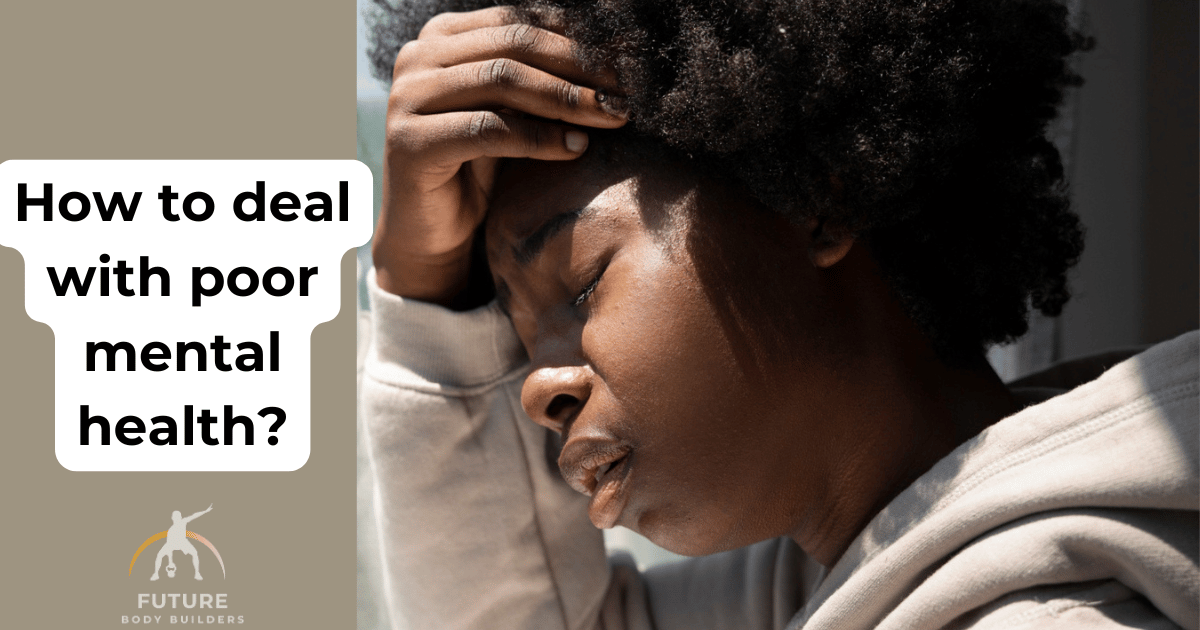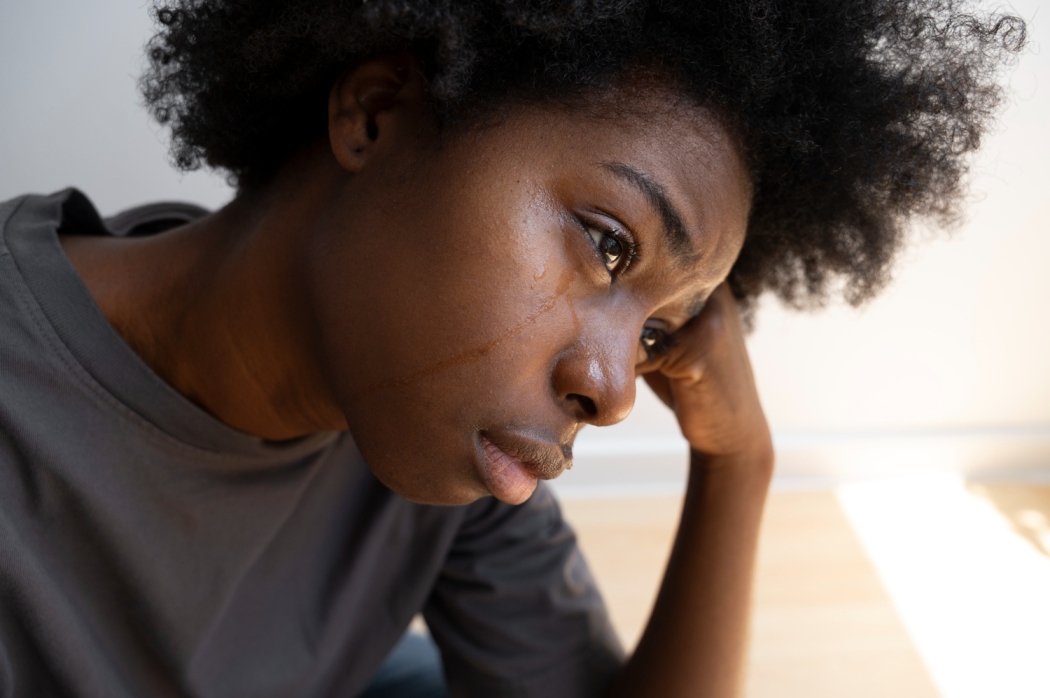How to deal with poor mental health


Everyone faces challenging moments in life, and during these times, the support of others can make all the difference. At times, we also find ourselves concerned about the mental health of those around us. Whether it’s a friend, family member, or colleague, there are numerous ways to offer support to someone you care about. Understanding how to deal with poor mental health is crucial, not only for your well-being but also for those you love.
Mental health refers to our emotional, psychological, and social well-being. It affects how we think, feel, and act. It also impacts our ability to handle stress, make choices, and interact with others. Good mental health allows us to function optimally and build resilience to handle challenges. However, poor mental health can lead to feelings of anxiety, depression, irritability, and difficulty coping with everyday stressors.
When mental health suffers, the consequences extend beyond emotional distress. Poor mental health not only affects personal well-being but also carries a significant economic burden. According to the World Economic Forum (WEF), poor mental health cost the global economy an estimated $2.5 trillion in 2010, a figure expected to rise to $6 trillion annually by 2030. This economic impact highlights the need to address mental health issues early.
Yes. Poor mental health can be improved with the right strategies and support. Just like physical health, mental health requires consistent attention and care. It’s important to note that mental health is a journey, and improvement takes time.
Recognizing someone with poor mental health can be challenging because there is no single indicator or formal diagnosis to rely on. It’s more important to respond sensitively to someone who seems troubled than to find out whether they have a diagnosis.

You might notice changes in their behavior, mood, or energy levels, especially if you know them well. Common signs may include anxiety, depression, or irritability. However, everyone experiences mental health issues differently. Some individuals may become withdrawn, while others might display signs of agitation.
Sensitivity in your approach is crucial. Offering support and understanding matters far more than labeling the situation. Your compassion can make a significant difference in their journey toward better mental health.
If you’re struggling with poor mental health, here are several strategies that can help:
This involves talking to a mental health professional. Therapy helps you work through your challenges. It also aids in managing symptoms. Psychotherapy can occur in different settings. You might meet one-on-one with a healthcare provider or join a group session. One popular type of psychotherapy is Cognitive Behavioral Therapy (CBT).
Alternative therapies, such as yoga and meditation, help to improve mental health conditions like depression. These therapies focus on physical relaxation, emotional balance, and stress reduction.
In some cases, medication may be necessary to manage mental health conditions. These medications work by balancing chemicals in the brain, reducing symptoms such as anxiety or mood swings. Consult a healthcare provider to discuss your options.
Not all mental health problems respond to medication. In these cases, brain stimulation therapies may be recommended. These treatments change how nerves and cells in the brain process chemicals. Examples of brain stimulation therapies include Electroconvulsive Therapy (ECT) and Transcranial Magnetic Stimulation (TMS).
Dealing with poor mental health is a journey that requires attention, care, and support. Mental health affects how we think, feel, and interact with others. Recognizing signs of poor mental health in yourself or others is crucial. Improving mental health is possible through various strategies. These include psychotherapy, alternative therapies, medication, and brain stimulation therapies. Each person’s experience is unique, so finding the right approach may take time. If you or someone you know is struggling with mental health challenges, don’t hesitate to seek help. Together, we can navigate this journey toward better mental health. For personalized support, take the next step and explore our tailored plans to find the right resources for you.